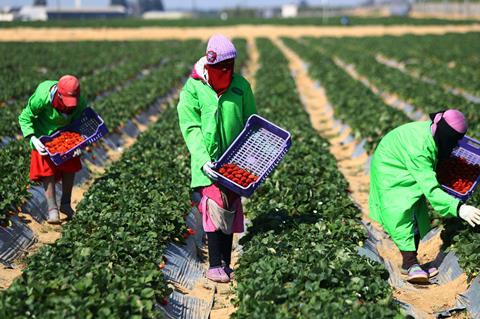
Strawberries are set to become more expensive in the coming weeks as a 10% tariff is introduced on Egyptian imports, claim industry experts.
The UK’s tariff-free quota for Egypt-grown strawberries is now at “critical” levels, according to government data, with just another 15 tonnes-worth of imports from the north African country allowed before tariffs kick in.
Fresh Produce Consortium CEO Nigel Jenney said this was causing “major concern” among fruit importers as Egypt is a “key supplier” of strawberries in the European winter, when importers have to move to “warmer parts of the world” to maintain supply.
But the Egyptian quota is not enough to cover the true amount of strawberries imported from Egypt, which he estimated is around 50% higher than the tariff free quota allows. Government data shows the tariff quota was set at 6,000 tonnes between 1 October 2022 and 30 April 2023, with just 0.003% now available.
“Many UK businesses have long-term commitments with Egyptian growers, and many have heavily invested in the production of crops in Egypt,” he said. “So, this isn’t something you’re just simply going to stop and move elsewhere.”
The quota operates on a first come first served basis meaning during the “critical” phase of usage, but until goods cross the border companies cannot be assured of whether or not the tariff applies, with UK importers told they will have the “ultimate liability of paying the duty if the quota is exhausted”, Jenney said.
This created “huge uncertainty and ultimately huge additional costs”, he added.
“The difficulty for both importers, retailers and other customers is you’re planning your retail price points a reasonable amount of weeks ahead,” he said. “Then, all of a sudden, when you have been informed these are not tariff-free, it’s a significant impact to the cost of distribution.”
Jenney pointed out “the UK had known for several years the quota volume was not adequate to meet UK consumer demands,” as it was not “based on [true] trading activity”.
This is because quota figures were based on the number of pre-Brexit exports from Egypt to the EU, which was divided “arbitrarily” in the UK’s continuity agreements with the EU, rather than on per capita consumption.
This was not the only issue with tariffs across the sector causing “considerable and unnecessary cost from time-to-time post Brexit”, he suggested, adding that the industry had shown evidence to the government before the continuity agreements with the EU were signed that they were was “not fit for purpose”.
His comments were echoed by Mike Parr, MD of logistics producer PML, who said we “never negotiated our own quota with regards to Egyptian strawberries” post-Brexit, despite the UK being Europe’s biggest importer of the fruit.
“Our government basically just sat there and didn’t negotiate properly,” he added.
Jenney added: “It is highly, frustrating and highly costly for industry and consumers unnecessarily, which is even more apparent in the tough times we’re all living in at the moment. We hope there will be a further meeting between the UK Government and Egyptian government in the summer, because we certainly don’t want this situation to continue in the winter of 2023.”
When contacted by The Grocer, Defra said the tariff free quota for the import of strawberries had not changed since the UK left the EU, and in the years pre-Brexit, the same quota had been exhausted in a similar time frame.







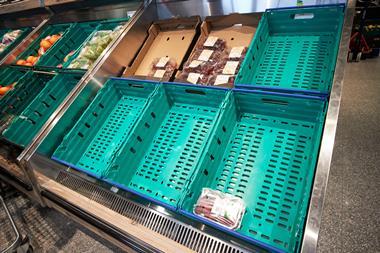
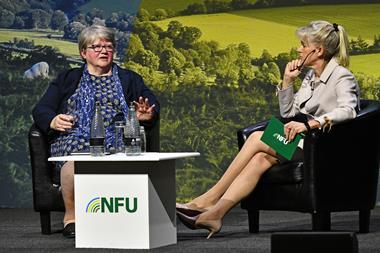
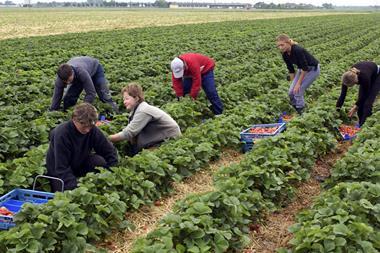
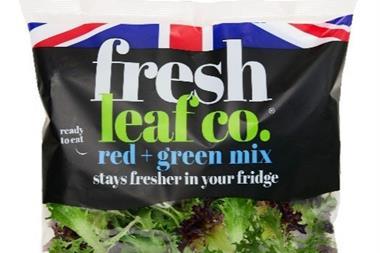
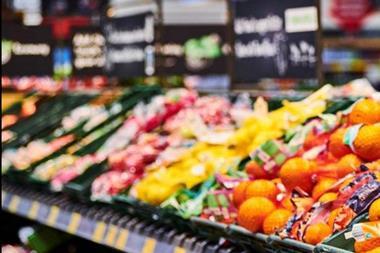
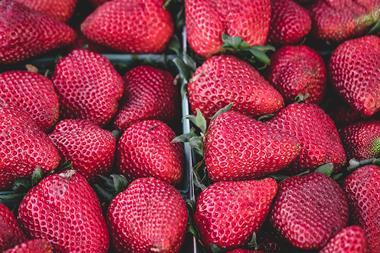
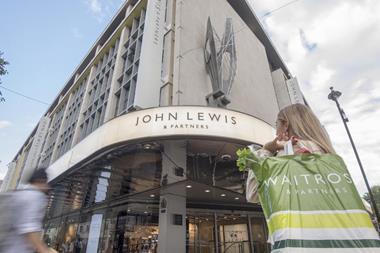


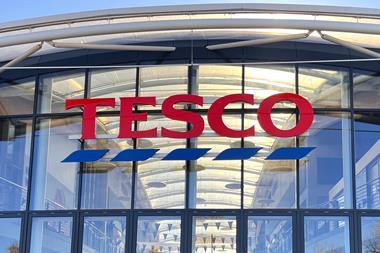


1 Readers' comment